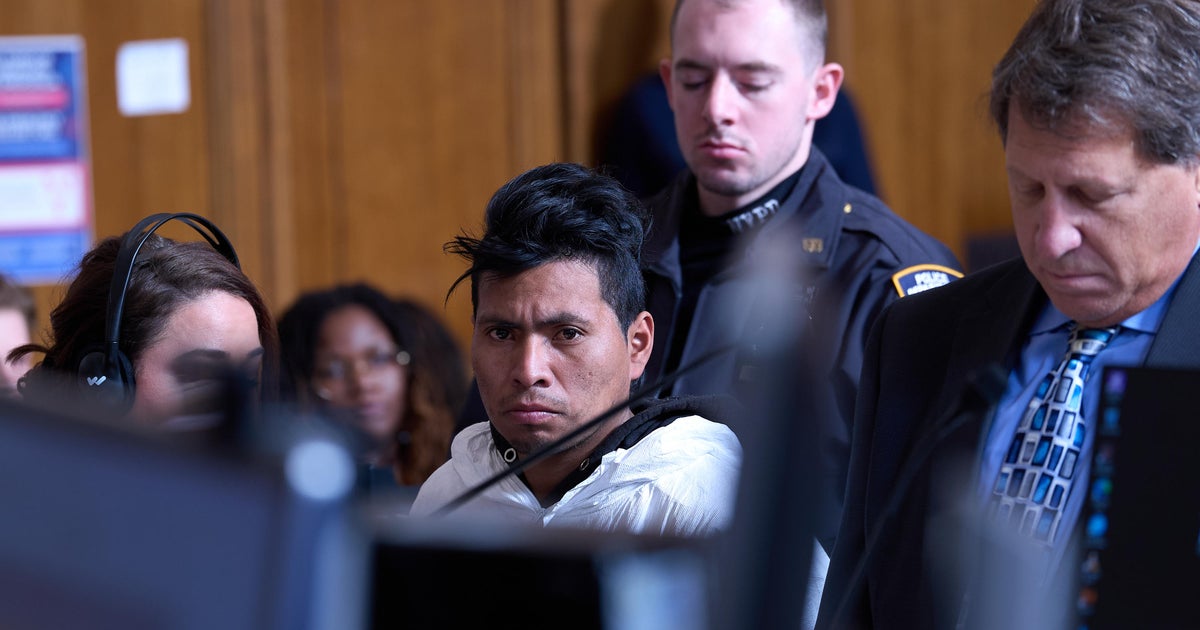Hong Kong protests ramp up as China arrests dozens and slams Western support of "violent crimes"
Hong Kong -- China's central government condemned ongoing protests in Hong Kong on Monday, following another weekend of unrest. Protesters clashed with riot police on Saturday and Sunday, leading to more than 60 arrests.
Government officials say the violence has caused serious damage to the semi-autonomous city's international image, rule of law, and the lives of residents.
CBS News correspondent Ramy Inocencio, who has been covering the protests for two months, said Monday was the first time China's central government held a press conference on affairs in Hong Kong since the city returned to Chinese rule in 1997. Beijing condemned the violent protests, and urged calm.
Without pointing a finger at any specific country or individuals, Chinese government spokesman Yang Guang said "irresponsible people" in the West had shown sympathy to "violent crimes" of what Beijing considers wanton rioters in Hong Kong. He defended the police forces for using "due diligence" in the clashes.
Protesters demanding more freedoms and pushing back against Beijing clashed in street battles with riot police who fired tear gas and rubber bullets. Sunday night, protesters tried to reach the city's top Communist party building again, but police repelled them with more fury than they had before.
Police hauled people away but more protesters threw down signs and threw back tear gas.
On Saturday there was unprecedented chaos near the border with mainland China.
A week earlier angry pro-Beijing mobs beat protesters and bystanders in the subway in Hong Kong. Police response time was slow.
The violent escalation in tension over the weekend was becoming the new normal for one of Asia's most international and financially important cities, with neither the protesters, nor the government in Beijing appearing willing to compromise.
Beijing continues to stand firmly behind Hong Kong's embattled chief executive Carrie Lam. Protesters have demanded she step down, so it appeared there was unlikely to be any quick resolution to the crisis.



